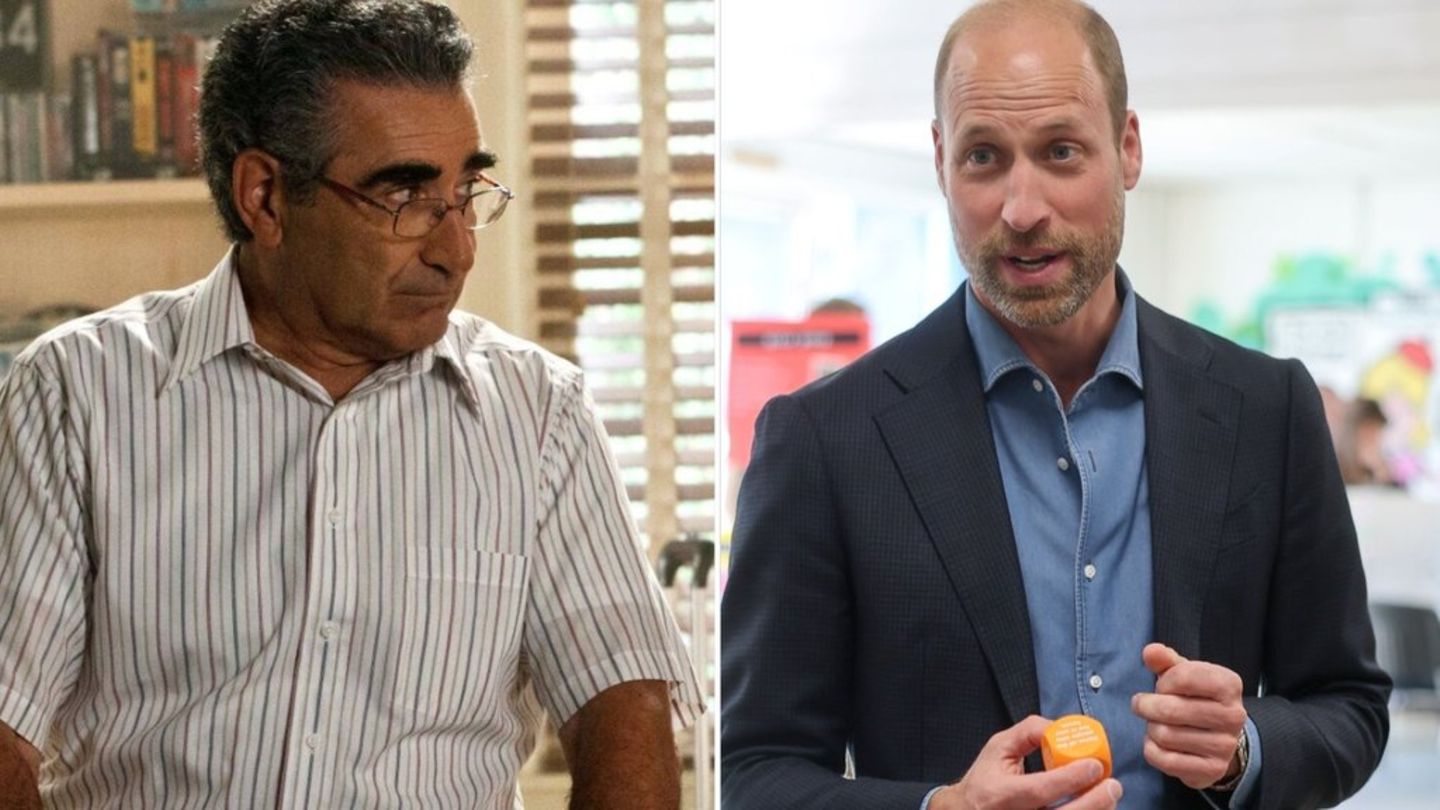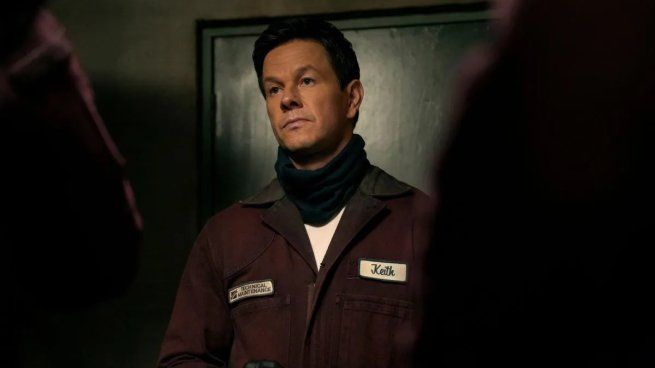Image: APA/EXPA/JOHANN GRODER
Who would have thought that women’s racing director Thomas Trinker would be responsible for the more successful ÖSV division at the Alpine Ski World Championships after a week? Of the five individual medals, his athletes raked in three and the men two. “I’m sorry for the gentlemen, I would have given them more. But now it’s the way it is,” said the Styrian, whose team wasn’t given so much credit. “Everything that comes next is an encore,” explained Trinker before the technical start.
Before leaving for Courchevel/Méribel, the red-white-red women hadn’t won a World Cup and only had five podium places in the result books – a result that certainly drew criticism. Of course, the victory and thus gold did not come in France either, but the number of podiums is impressive, as the women won a medal in every discipline: Ricarda Haaser bronze in the combination, Cornelia Hütter bronze in the Super-G and Nina Ortlieb silver in the descent.
“We haven’t lost our nerve,” said Trinker, not without pride, as he admitted. “We continued to work very well, and we were then ready for every competition. It’s obviously cool that such an outcome then happens.” The exact reasons for the good performance are manifold. “You get to a place somewhere and the snow and the slopes are right. That speaks for the squad. That’s what happened there. The women were extremely focused, they wanted to achieve something,” he said. “Especially at such a major event, the excitement and motivation is particularly high.”
It is difficult to estimate what is still possible in the technical disciplines. “We were downhill and Super-G outsiders, now we’re the real outsiders. But we have very good women who are in very good shape. They often found it very difficult to convey it in the race,” explained Trinker. “We’ve now tried to apply leverage there so that the first run just works. We believe that we can make the turnaround and we’re working our way through from race to race and hope that something will come out.”
In the individual parallel competition, which takes place on Wednesday (12.00 p.m. / live ORF 1), the Austrians are in a good mood. “So the form is right, the approach will also be right,” explained the 48-year-old. “The slope will be very challenging. It’s a certain length for a parallel like this, especially when you go towards the final, it’s very exhausting. And of course it’s very steep. You don’t have a hundred percent experience in that regard. “
The most difficult discipline is on Thursday with the giant slalom. “In the last few races we had a really hard time getting in the top ten at all,” said Trinker. “But there were always good part-times, and sometimes good runs. We believe that we can get a run down and then maybe surprise.” More could be done in the slalom on Saturday. “Katharina Truppe was once on the podium, Katharina Liensberger can do something, Huber Kathi is in good shape. And with Franziska Gritsch we know that a slow ride usually leads to a fast ride.”
Source: Nachrichten




